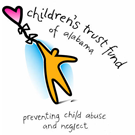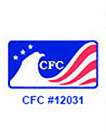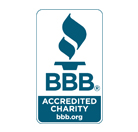Beyond the Basics of Forensic Interviewing
The National Children's Advocacy Center (NCAC) Forensic Interviewing of Children training provides the foundational elements of forensic interviewing of children based on the NCAC model. In order to create a field of forensic interviewers who are knowledgeable, adaptable, and capable, the NCAC has developed a curriculum for experienced interviewers to continue their journey.
Each course offering will provide more in-depth coverage of a designated topic with lectures, demonstrations, exercises and activities, and opportunities to make a connection between the interviewer’s current practice and the topic. See Dates and Registration or our Events Calendar for a full list of offerings.
All Pathway trainings will require that a forensic interviewer has completed an initial course in forensic interviewing (NCAC CFIS or another model) and is actively engaged with forensic interviewing.
What Forensic Interviewers are saying about Developmental Pathways:
More Than One Interview: When, Why, and How
"I learned so much from Linda Steele. I feel that I got a lot of new information on how to do extended interviews. I learned ways to ask questions in different ways that I had not thought of. Networking with different interviewers was great also."
More Than One Interview: When, Why, and How
"I was able to learn the current recommendations for additional interviews and the supporting research. I am eager to bring this knowledge back to my MDT and apply it to my work with children."
Getting the Best Information from a Narrative Child Witness
"Andra's experience and willingness to share was invaluable."










